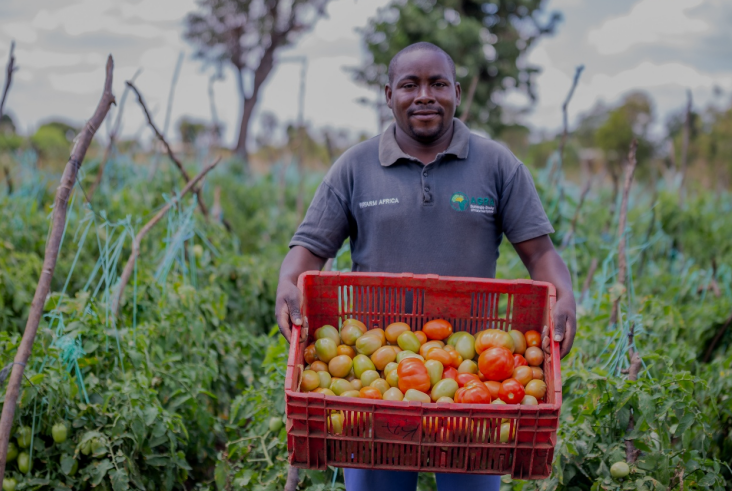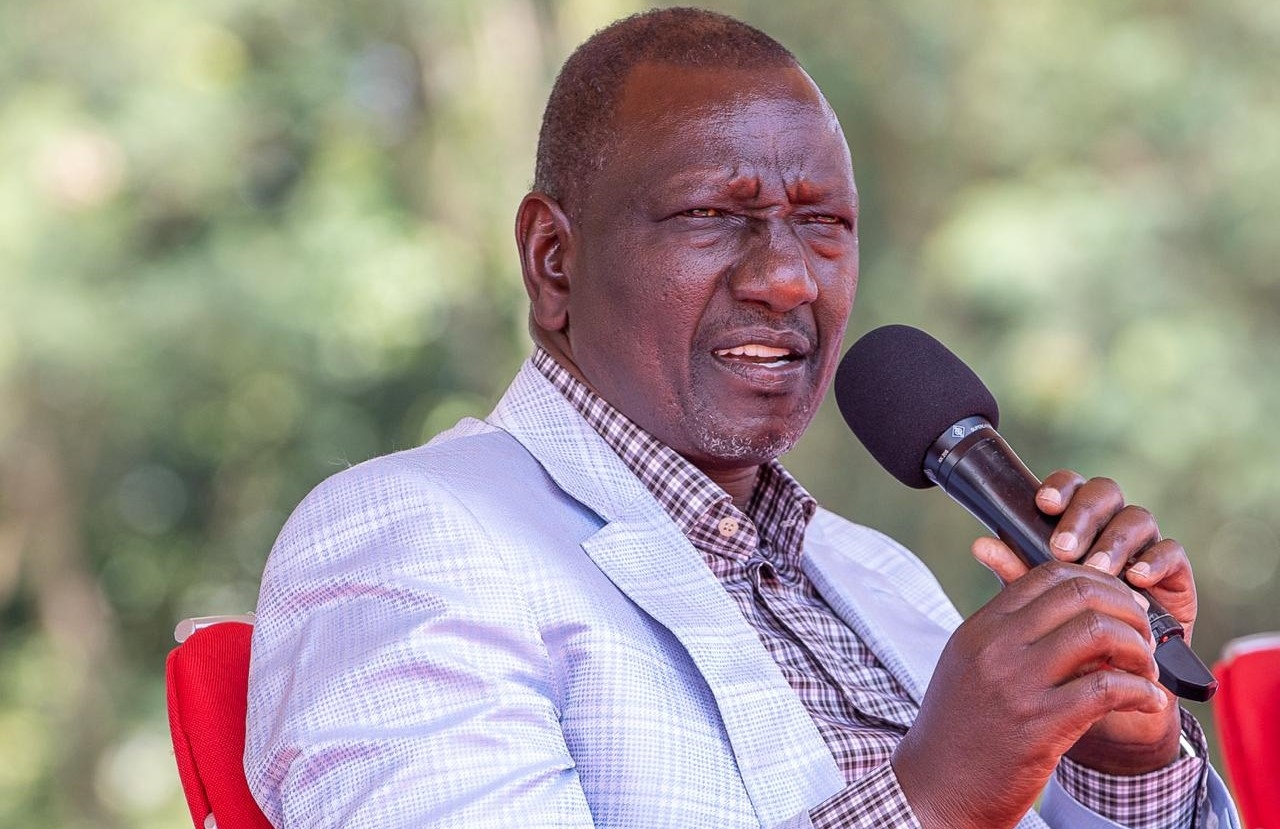
Agriculture experts are urging the
government to promote regenerative
agriculture as a key pathway to achieving food and nutrition security
while protecting the environment and improving farmers’ incomes.
Regenerative agriculture involves
farming practices that rejuvenate soil health, such as cover cropping,
mulching, minimal tillage, agroforestry, intercropping and the use of organic
manure and biofertilisers.
Mary Nyale, Farm Africa’s country director for Kenya, said the
approach is crucial in restoring degraded soils and improving the livelihoods
of smallholder farmers.
“We need to understand which
regenerative agriculture practice works best in which area for optimal soil
health and yields,” she said. “That’s key to improving incomes and food
security.”
Farm Africa, a charity that works
with smallholder farmers across eastern Africa, has been leading efforts to
scale up regenerative farming through the Strengthening Regenerative Agriculture in Kenya project, implemented in partnership with AGRA. Between 2017 and 2024, more than 50,000 farmers in Embu and Tharaka
Nithi counties adopted these practices with remarkable results.
Farmers reported up to 81 per cent higher yields, 92 per cent better water retention,
and reduced soil erosion and crop failure. The shift to organic and low-input
farming also improved profitability and resilience.
However, Nyale said challenges remain—including high input costs and weak extension services.
To bridge the
gap, Farm Africa has introduced a village-based
adviser model, where one adviser supports between 200 and 500 farmers.
At Farm Africa’s 40th anniversary celebration, Nyale
reaffirmed the organisation’s commitment to sustainable, climate-resilient
agriculture.
Prof Jacqueline McGlade of Strathmore University and chief scientist at Downforce Technologies added that soil health must be measurable to drive real change.
She highlighted a new initiative, The Economics of Ecosystems and Biodiversity for Agriculture and Food
(TEEBAgriFood), which aims to quantify the value of Kenya’s ecosystems—starting with the Mau, Cherangani and Loita water towers.
“A big step forward is in how we manage our lands and agriculture,” McGlade said.
“We must recognise the true
value of ecosystems to build food systems that are climate-resilient and
sustainable.”
As climate shocks intensify, experts
agree that regenerative agriculture offers Kenya not just a lifeline for its
soils—but a sustainable future for its farmers and food systems.
















